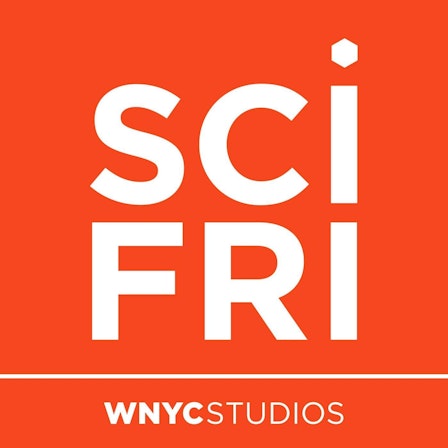
Covering the outer reaches of space to the tiniest microbes in our bodies, Science Friday is the source for entertaining and educational... more
Episodes
Emergency response experts say that funding and staff cuts at the National Weather Service could mean less reliable weather forecast.... more
When the Chicago-size iceberg drifted away, scientists seized the opportunity to study the life and geologic formations hidden below.
Mental health information on social media can be both revelatory and misleading. How do clinicians and their patients make sense... more
Engineers take an in-depth look at why the Francis Scott Key Bridge in Baltimore collapsed and how to prevent future... more
The company has genetic data of 15 million people, which could be shared with a future buyer. Here’s how to... more
Certain words are overrepresented in text written by AI language models. A study investigates why such patterns develop. Also, the... more
TB kills more than a million people each year. Dr. Mireille Kamariza has spent her career developing better detection and... more
In a new book, author John Green traces how the disease has impacted culture, geography, and even fashion over the... more
Researchers built the largest 3D map of our universe yet. What they found supports the idea that dark energy could... more
After nine months aboard the International Space Station, astronauts Butch Wilmore and Suni Williams have finally landed back on Earth.... more